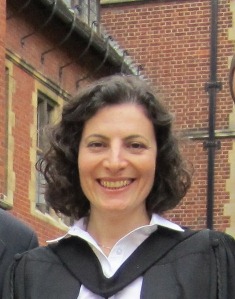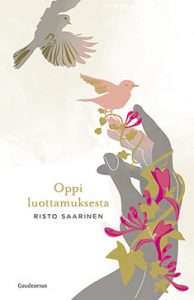Friday 19 May, MONTHLY SEMINAR, at 12:15–15:30, venue: Faculty Hall
Religious Music, Inter-Group Dialogue and Religious Recognition
Prof. Tala Jarjour (Notre Dame) speaks about her recent research project concerning the possibilities of music in the progress of religious dialog toward peace in the Syrian conflict.
 Tala Jarjour is Associate Professor of Music and Concurrent Assistant Professor in Anthropology at the University of Notre Dame. Her research is marked by interdisciplinary study of Near Eastern repertories of sacred music, especially the chant of the Syrian Orthodox Church. She completed her PhD at Cambridge (2011) and MPhil in Music at Cambridge (2005).
Tala Jarjour is Associate Professor of Music and Concurrent Assistant Professor in Anthropology at the University of Notre Dame. Her research is marked by interdisciplinary study of Near Eastern repertories of sacred music, especially the chant of the Syrian Orthodox Church. She completed her PhD at Cambridge (2011) and MPhil in Music at Cambridge (2005).
For further information of Jarjour, see: http://sacredmusic.nd.edu/people/faculty-by-alpha/tala-jarjour/


